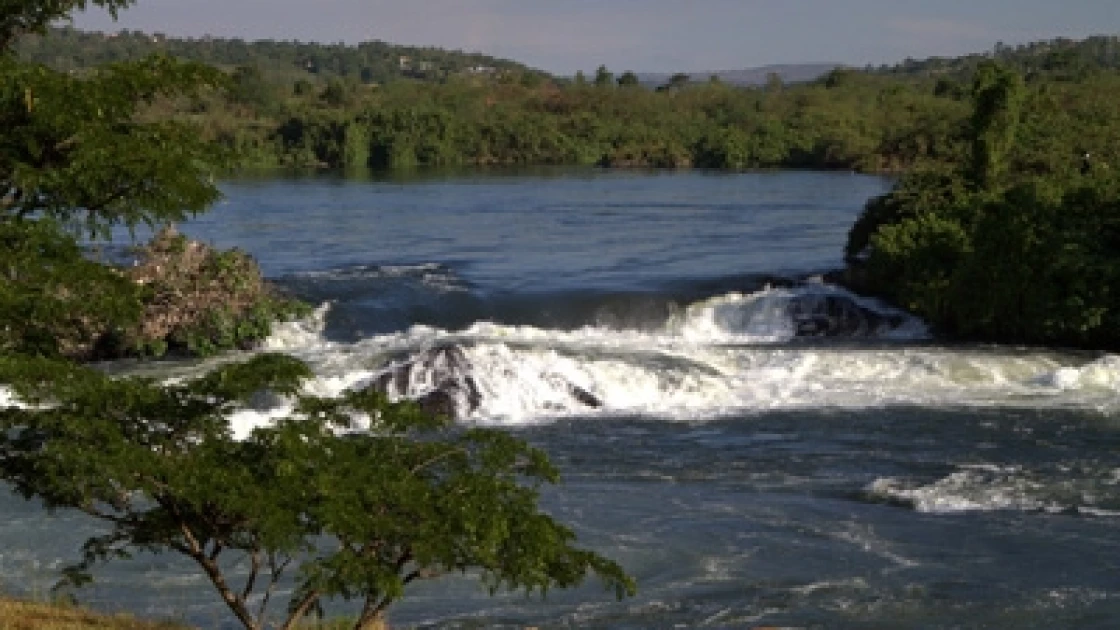OPINION: Bwire - Development can be enhanced with the transformation of Nile Basin

Basin countries: Burundi, DR Congo, Egypt, Ethiopia, Kenya, Rwanda, South Sudan, Sudan, Tanzania, Uganda. [Photo / Courtesy]

Audio By Vocalize
The decision by the Republic of South Sudan’s Transitional
National Legislative Assembly (TNLA) to unanimously vote to accede to the Nile Basin Coopertive Framework Agreement (CFA) and
deposit its document with the African Union joining Ethiopia, Rwanda, Tanzania,
Uganda and Burundi paves way for the transformation of the Nile Basin
Initiative (NBI) into a full commission with
legal mandate to facilitate cooperation in the region.
The CFA signed in 2010 is a great improved cooperation agreement by a section of countries in the Nile Basin that the existing Nile River agreements in 1902, 1929 and 1959 as variously reviewed over the years relating to management of the use of the River Nile water resources.
Even without Kenya, which has signed the CFA but the ratify, and Egypt, DRC and Sudan who have said no so far to the process, the Nile Basin Commission is finally here with us.
The agreement enters in October 2024 following the ratification and deposition of the six country’s documents with the AU. A heads of state meeting is being organized for October.
Egypt has not been participating in NBI activities, indicating that the forum lost its original aim, and many times lacked mutual respect for individual country’s position and voice on major actions. Kenya, is yet to give reason for reluctance to ratify the CFA so far, only indicating that it’s committed to the cooperation in the region.
The process of ratification of the CFA started in June 2013, four years after its signature, by Ethiopia, followed in August of that year by Rwanda. Tanzania ratified the CFA in 2015, followed by Uganda in 2019; Burundi joined those four riparians’ and ratified the CFA in 2023, while South Sudan did on 8th July 2024 raising the number of ratifications to the required six.
With four countries yet to ratify the CFA, and six done, it will be interesting to watch the next steps in the implementation process, and reactions from the four countries, especially Egypt which has wanted more time and discussions on some specific articles in the agreement.
Selfish protection of country interests, pride and political gesturing among leaders in the region are big hindrance to development in the region by way of slowing down regional investment in turning the vast natural resources into the good of the people. For that reason, and even with huge potential and partners to support the transformation of the region, country priorities seem not diverted.
The CFA notes that once established, the Commission shall serve as an institutional framework for cooperation among Nile Basin States in the use, development, protection, conservation and management of the Nile River Basin and its waters.
From October 6th, 2024, the Commission shall succeed to all rights, obligations, and assets of the Nile Basin Initiative (NBI). The Nile River Basin Commission shall maintain regular contact, and shall cooperate closely, with any sub-basin organization or arrangement.
Each Nile Basin State shall establish or designate a National Nile Focal Point Institution and notify the Commission thereof. The Agreement has dispute settlement provisions. The CFA lays down some basic principles for the protection, sharing and management of the Nile Basin.
It establishes the principle that each Nile Basin state has the right to use, within its territory, the waters of the Nile River Basin, and lays down several factors for determining equitable and reasonable utilization.
The Nile is the second longest river on earth traversing 10 countries with a population of nearly 300 million people. The river has several dams including Kiira and Nalubale, CharaChara, Jebel Aulia, Roseires, Sennar, TK-5 Upper Atbara complex, Merowe, Aswan High, Aswan Low, Grand-Ethiopian Renaissance-Dam, Bujagali, Karuma, Rusumo and the upcoming Angololo dams.
The basin several natural lakes such as Victoria, Kyoga, Albert, Edward, Tana, while the Nile River main tributaries are Kagera, Victoria Nile, Bahr el Jebel, Bahr el Ghazal, Baro-Akobo-Sobat, Blue Nile, Tekeze-Atbara, White Nile and Main Nile.
The genesis of the CFA lies in the concerns raised by some countries in the region about the fair distribution and access to the water resources in the basin, which over the years have been based on the Nile Water Treaty of 1929, which gave Egypt the right to veto upstream access and utilization of the Nile waters.
Increasing water scarcity in the region and gaps in the Nile Water Treaty of 1929, forces countries in the basin to look at other regions, international conventions and best practices that would enable equitable use of the water resources and in 2010 sign the CFA that enables the establishment of the River Nile Basin Commission to act as a legal institution for facilitation of co-operation.
A cooperative arrangement in the basin would see a huge transformation to the region and lives of the people, reduce the mistrust and political suspicion and speed up the investment in the existing trans-boundary resources for the benefit of the basin, through investment in food security initiatives (increasing land under irrigation farming), expanding access to renewable energy which is affordable, enhance water management efforts through expand water storage capacities and investing in building community resilience to climate change.
The challenges facing the region especially food and energy scarcity and water resources management are very manageable, and with joint honesty regional approaches and human centred review of existing legal frameworks, so much is possible in terms of economic and social development.


Leave a Comment